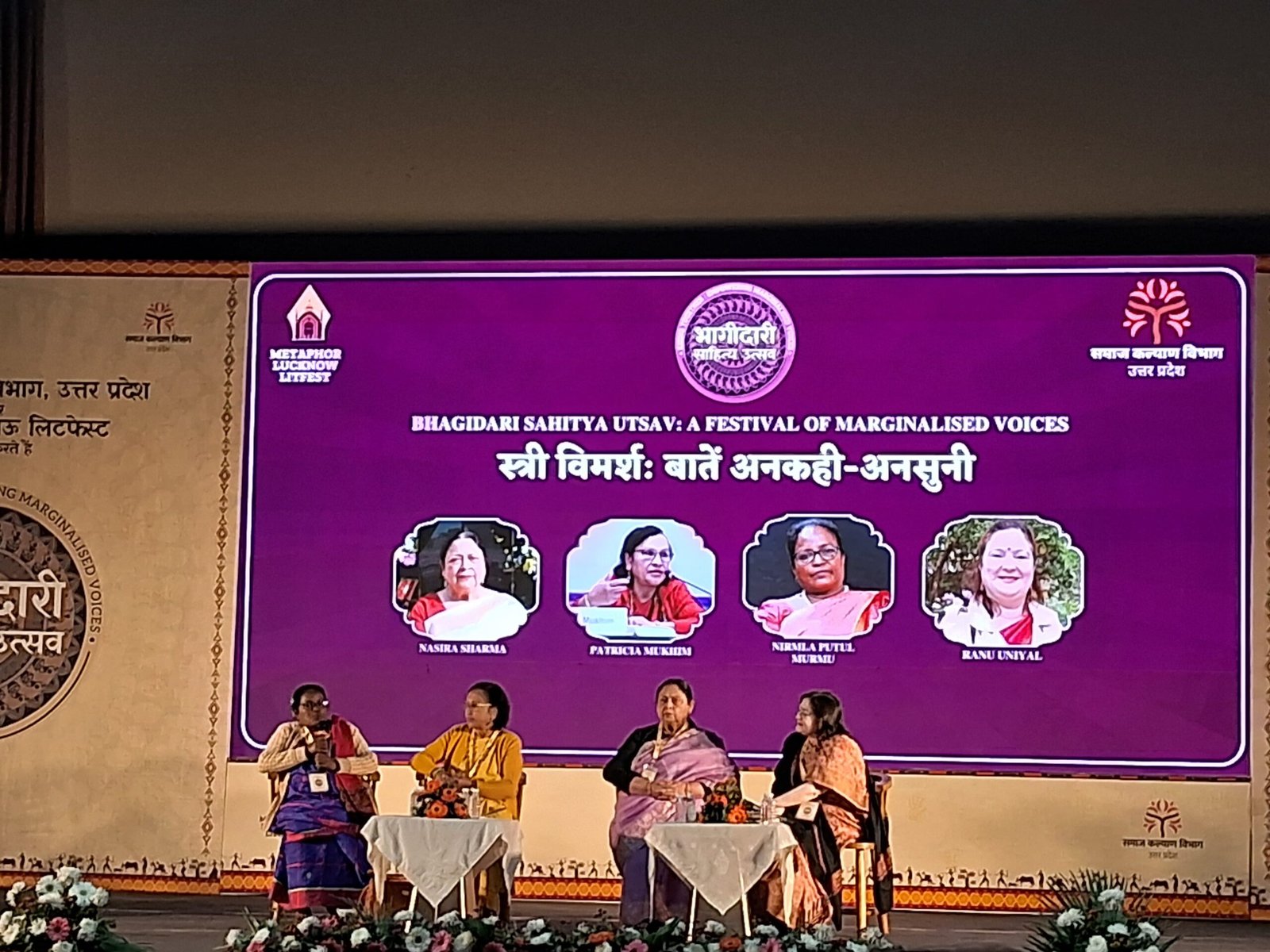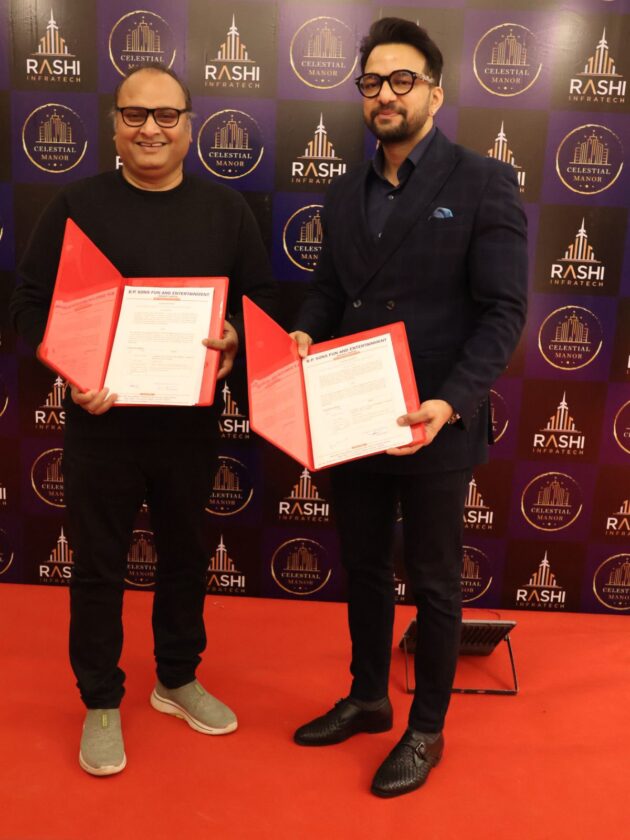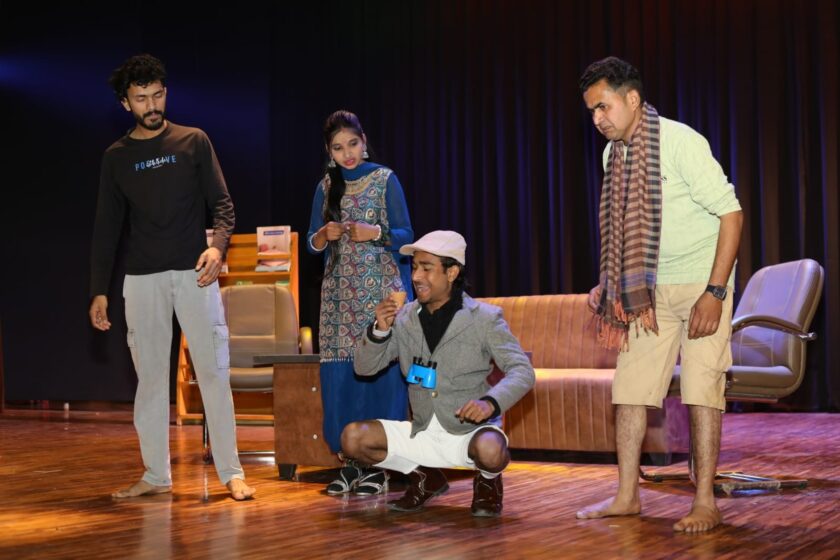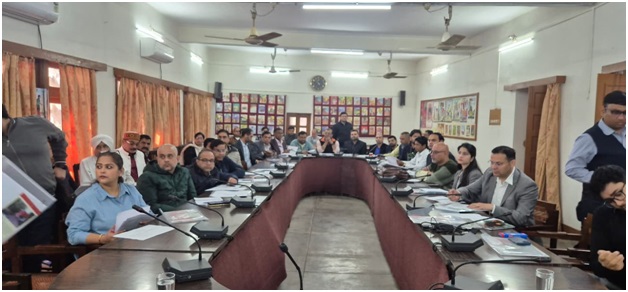Lucknow: – The literary forum Stri Vimarsh: Baatein Ankahi Ansuni brought together some of the most powerful voices in gender discourse, literature, and societal norms, fostering an in-depth discussion on the role of literature in shaping gender perspectives. The panel featured noted writers, activists, and intellectuals, each offering a unique lens on how women’s issues intersect with culture, politics, and everyday life.
Stri Vimarsh: Patricia Mukhim: The Cost of Speaking Out
Veteran journalist and editor Patricia Mukhim shared her experiences of facing backlash for speaking up against societal injustices. She highlighted the dangers of challenging conservative structures, particularly in spaces where traditional norms still dominate public discourse. Mukhim stressed the urgent need for gender sensitization from an early age, arguing that biases are often ingrained in children and solidify as they grow older.
“We need to introduce gender sensitization as part of early education. Only then can we break free from rigid structures that perpetuate inequality,” she remarked.
Nirmala Putul Murmu: The Adivasi Narrative
Renowned Adivasi poet and activist Nirmala Putul Murmu emphasized the importance of indigenous storytelling, especially in highlighting gender dynamics within tribal communities. She spoke about how Adivasi women, despite their cultural innocence, often face systemic exclusion in mainstream discourse. Murmu’s poetry, deeply rooted in tribal experiences, sheds light on the silent struggles and unacknowledged contributions of indigenous women.
“We need to create spaces where Adivasi voices are heard and respected. Literature can be a powerful tool in preserving and amplifying these narratives,” she said.
Nasira Sharma: Challenging Stereotypes Beyond Gender
Eminent writer Nasira Sharma offered a nuanced take on gender dynamics, pointing out that while women’s presence in public life has significantly increased, certain stereotypes persist. She argued that men, too, are often constrained by rigid societal expectations that dictate their behavior and roles. Sharma also raised an interesting critique on the disparity between fiction writers and poets in terms of their influence on public discourse.

“While poets often have platforms to share their work in public, fiction writers do not enjoy the same level of engagement. This affects the reach and impact of their narratives,” she observed.
Stri Vimarsh: Professor Ranu Uniyal: The Power of Sisterhood
Academic and feminist scholar Professor Ranu Uniyal underscored the importance of solidarity among women. She emphasized the need for women to support one another, rather than succumbing to societal pressures that pit them against each other.
“Adopting a ‘live and let live’ attitude is crucial for progress. Women must uplift one another rather than being complicit in structures that divide us,” she stated.
A Platform for Unheard Voices
The discussion at Stri Vimarsh: Baatein Ankahi Ansuni reinforced the power of literature in challenging oppressive norms and providing a voice to marginalized communities. The event concluded with an open forum, allowing attendees to engage with the panelists, share personal insights, and reflect on the themes discussed.
The thought-provoking discourse served as a reminder that gender equality is not just about policy changes, but also about reshaping narratives, fostering dialogue, and ensuring that every voice—especially those often unheard—finds a platform.










